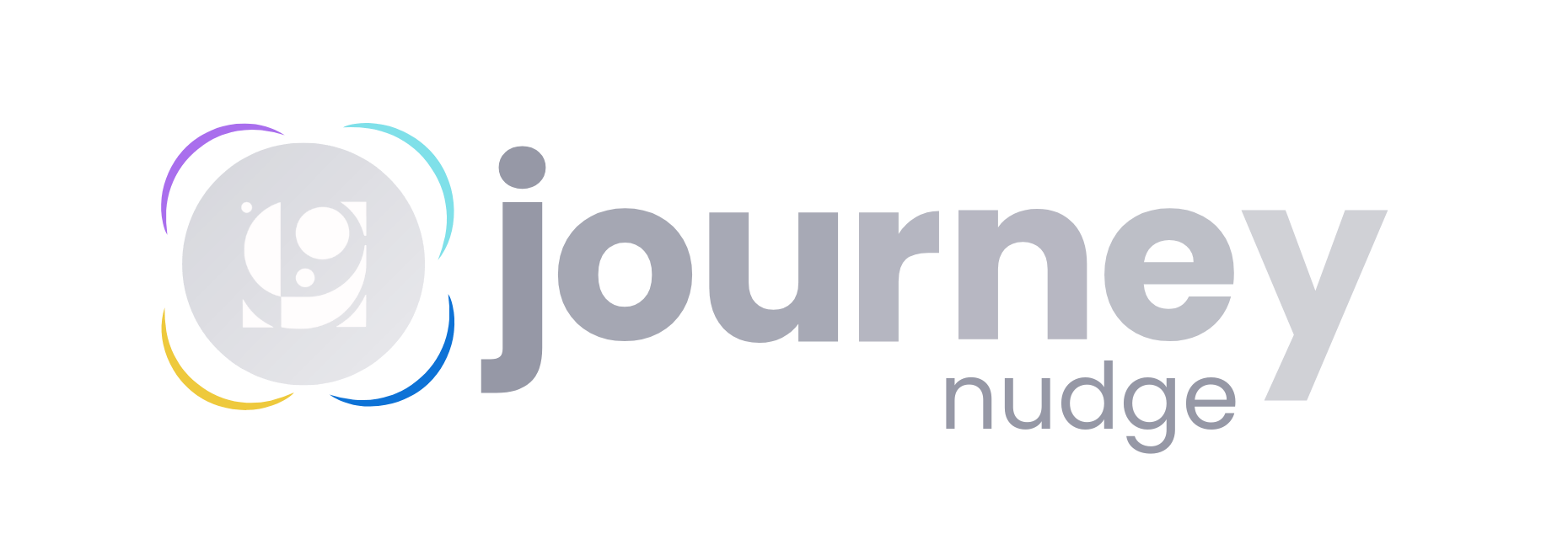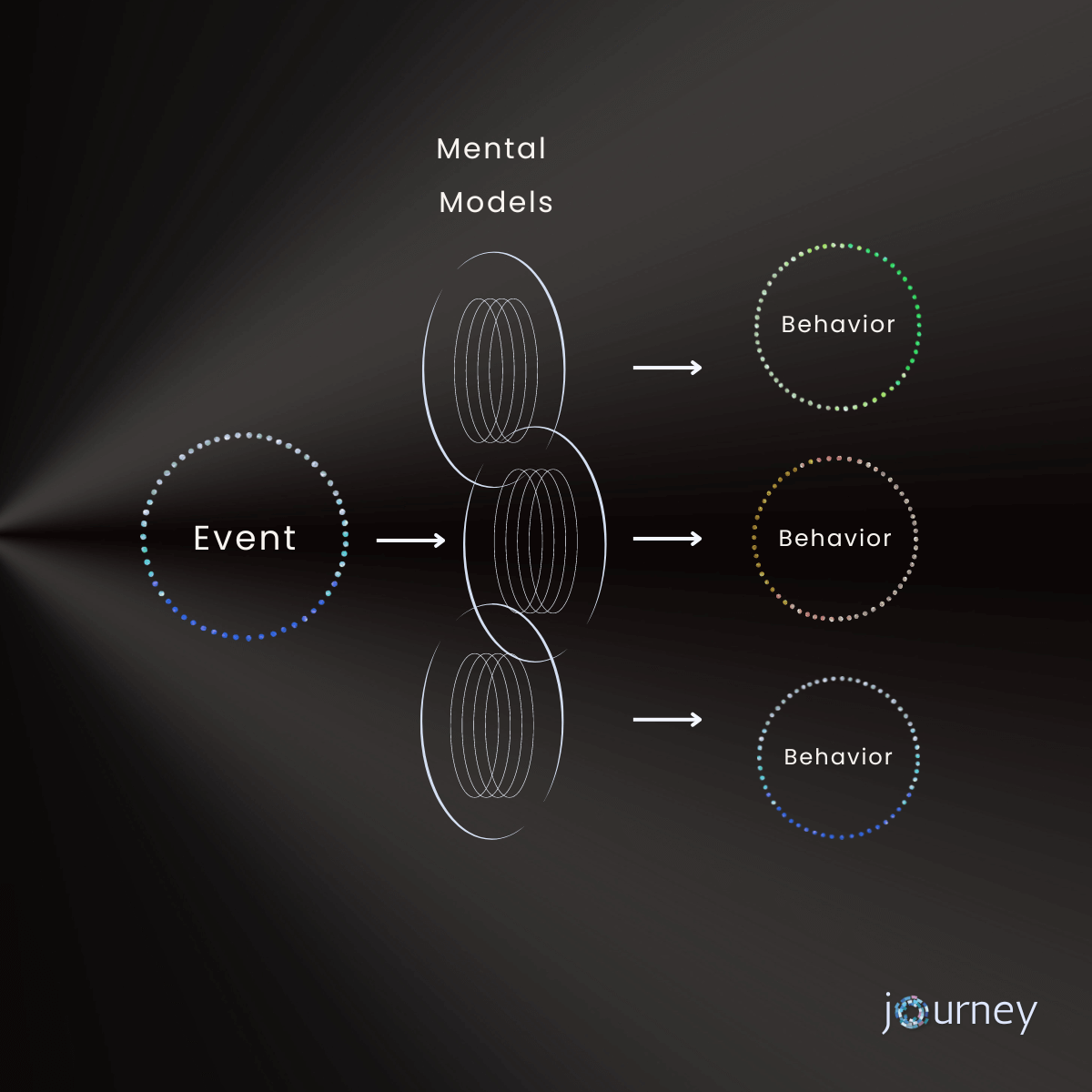Read time: 5 minutes
Key Points
- Hanlon’s Razor: This is a mental model that advises not to attribute to malice that which can be adequately explained by neglect or ignorance.Research shows that generous acts can result in dramatic health benefits.
- Misinterpretations: We often misinterpret actions based on our own perspectives and jump to negative conclusions. These could be simple misunderstandings or due to neglect, rather than intentional malice.
- Application in Daily Life: Applying Hanlon’s Razor in daily life can help us navigate situations with more understanding and less judgment, fostering stronger relationships and reducing unnecessary conflict.
Hanlon’s Razor
Hanlon’s Razor: A Perspective on Assumptions and Relationships
If you’ve ever felt like the world is conspiring against you, trust me, you’re not alone in this. It’s a feeling many of us share, and today, we will explore a principle that can help us navigate these feelings.
But before we get into that, let’s set the stage with a few everyday scenarios.
Suppose your gym buddy cancels on you last minute – you might immediately think they’re trying to avoid you and the gym. Or your spouse forgets to wash the dishes, even though it’s their turn, and you suspect they’re just not taking your shared responsibilities seriously.
These assumptions can lead us down a path of negative thinking. But if we apply Hanlon’s Razor, we can consider alternative, less malicious explanations. Maybe your gym buddy had an urgent matter to attend to or your spouse had a hectic day at work and it slipped their mind.
By steering our minds towards these possibilities, we can cultivate more understanding and less judgment in our daily interactions
This brings us to Hanlon’s Razor, a principle that can help us navigate these knee-jerk responses. The heuristic goes like this:
‘Never attribute to malice that which can be adequately explained by neglect.’
Now, you might be familiar with Occam’s razor, which tells us that the simplest explanation is often the correct one. Hanlon’s Razor is a similar shortcut for our cognition, helping us make more accurate and less emotionally charged judgments.
When we apply Hanlon’s Razor, we’re more likely to develop stronger relationships, become less judgmental, and improve our overall rationality. This principle encourages us to extend empathy and give fellow travelers the benefit of the doubt – an approach that can have profound effects on our relationships, business, and personal happiness.
We all live complex lives, and it’s a fact of life that things are constantly going wrong (according to Murphy’s law). Our default response is often to assign blame to the nearest person and assume they have malicious intent. But applying Hanlon’s Razor can shift this response, helping us to respond more effectively and constructively when things go awry.
The origins of Hanlon’s Razor stretch back centuries. Napoleon Bonaparte famously declared, ‘Never ascribe to malice that which is adequately explained by incompetence.’ And German general Kurt von Hammerstein-Equord used a version of Hanlon’s Razor to assess his officers, highlighting the difference between malice and incompetence.
Like any good principle, Hanlon’s Razor becomes even more powerful when combined with other mental models, like the availability heuristic, confirmation bias, and bias from disliking/hating. Each of these can distort our perception of events and lead us to attribute malice where none exists.
Mental Models
Combining Hanlon’s Razor with Mental Models for Deeper Awareness
Hanlon’s Razor, a trusty mental model that fits perfectly into the tapestry of our understanding when paired with other tools of cognition. Let’s delve into its interaction with some of its companions:
Confirmation Bias: The art of cherry-picking information that aligns with our preexisting beliefs. We all do it, and it’s quite the challenge to overcome. Considering Hanlon’s Razor, when we expect malicious intent, we become prone to attributing it everywhere we look. For instance, if we consider a certain politician corrupt, we’ll seek information that confirms it, oblivious to the possibility of mere incompetence or accident.
The Availability Heuristic: Oh, the way our minds can trick us! This model reminds us of how we misjudge the frequency of recent, vivid, and memorable events. Picture this: a taxi driver takes a wrong turn, making the ride more expensive. A month later, a different driver makes the same mistake. Suddenly, we recall the past event and jump to see all taxi drivers as malicious. Our memories play tricks on us, and Hanlon’s Razor may take a backseat when we’re caught up in such strong emotions.
Bias from Disliking/Hating: How our dislikes and hates cloud our judgment! When dealing with people or institutions we despise, we tend to ascribe their actions to malice without a second thought. Empathy and understanding fly out the window, replaced by emotional reactions that only make things worse. The smart move, my friends, is to assume neglect or incompetence, no matter how intense our dislike.
Projection: And let’s not forget the nifty psychological mechanism of projection, where we shift our flaws and failures onto others. It’s like a defense mechanism that saves our self-image but blinds us to the truth. Take a moment to reality-check before pointing fingers, and you might just see things more clearly.
Now, let’s bring this back to neuroscience. Our brains are wired for survival, and that often means making quick judgments about others’ intentions. But by understanding and applying mental models, we can train our brains to respond with more empathy and understanding, strengthening our relationships and reducing unnecessary conflict.
So next time you find yourself leaping to conclusions about someone’s intentions, take a moment to apply Hanlon’s Razor. You might just find that the world isn’t out to get you after all.
More Tools for the Toolbox:
- Mental Models: A mental model is simply a representation of how something works. We cannot keep all of the details of the world in our brains, so we use models to simplify the complex into understandable and organizable chunks.
- Minto Pyramid: A communication guide with an emphasis on starting with the conclusion.
- Speed vs Quality model: A guide with an emphasis on when to optimize for speed or quality.
- Hanlon’s Razor: This is a mental model that advises not to attribute to malice that which can be adequately explained by neglect or ignorance. Research shows that generous acts can result in dramatic health benefits.

